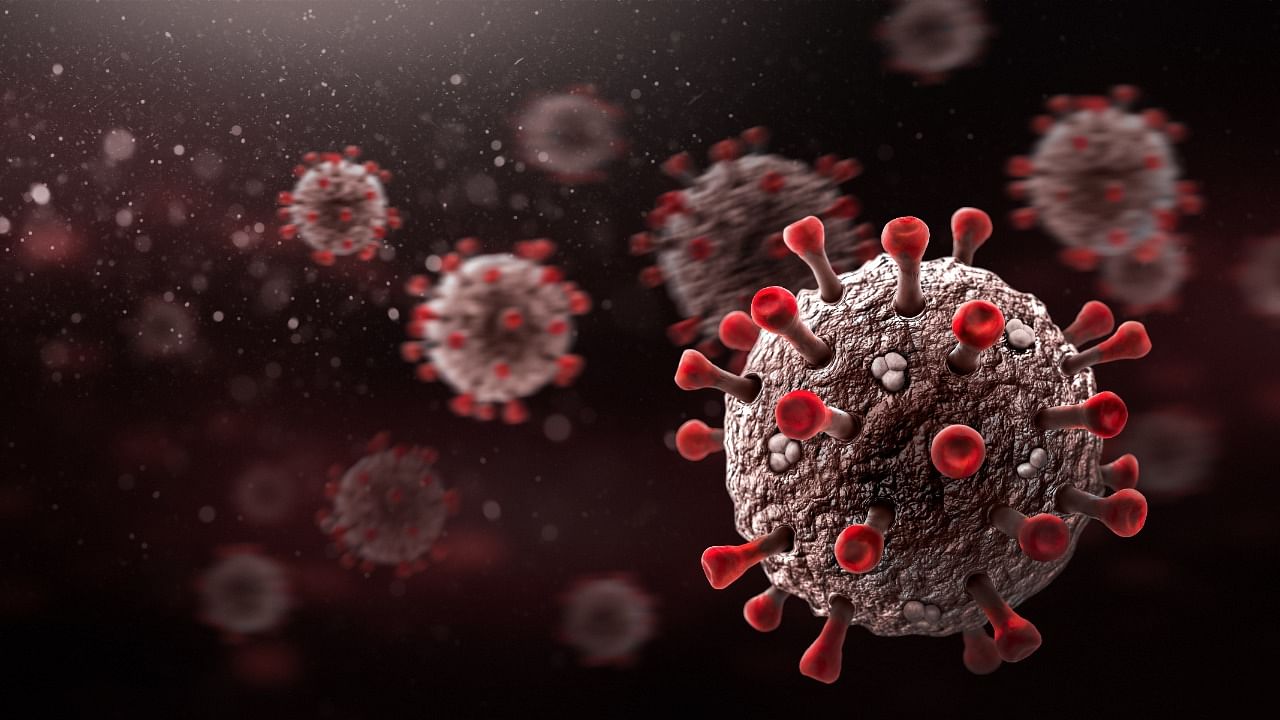
Even as the world crawls out of a nearly 2-year-long pandemic, scientists have flagged another potential threat to public health in a virus that could potentially resist existing Covid-19 vaccines.
In a study published in PLoS Pathogens, researchers in late 2020 identified two clade 3 arboviruses - the same sub-category of coronaviruses as SARS-CoV-2 - in Rhinolophus bats in Russia. Named Khosta-1 and 2, the viruses were similar to European and African clade 3 viruses but had a distinct receptor binding domain (which contains all information needed by the virus to engage with the host).
The viruses initially appeared non-threatening to humans as they are distinct from human SARS-CoVs in that they lack the genetic encoding thought to antagonise the immune system.
However, a closer look revealed that the virus could, in fact, infect human cells.
“When we looked at them more, we were really surprised to find they could infect human cells. That changes a little bit of our understanding of these viruses, where they come from and what regions are concerning,” said corresponding author Michael Letko, a WSU virologist in a report by Laboratory Equipment.
“Receptors on human cells are the way that viruses get into cells,” Letko told Time Magazine. “If a virus can’t get in the door, then it can’t get into the cell, and it’s difficult to establish any type of infection.”
When the scientists combined serum from people who have been vaccinated against Covid with the Khosta-2, they found that the serum's antibodies did not neutralise the virus, a problem that was repeated from serum derived from Omicron-vaccinated individuals.
“We don’t want to scare anybody and say this is a completely vaccine-resistant virus,” Letko told Time. “But it is concerning that there are viruses circulating in nature that have these properties—they can bind to human receptors and are not so neutralised by current vaccine responses.”
“The worry is that SARS-CoV-2 could spill back over to animals infected with something like Khosta-2 and recombine and then infect human cells. They could be resistant to vaccine immunity and also have some more virulent factors. What the chances of that are, who knows? But it could, in theory, happen during a recombination event,” he said.